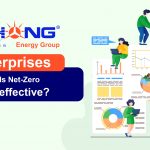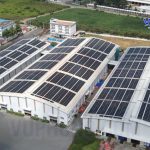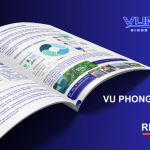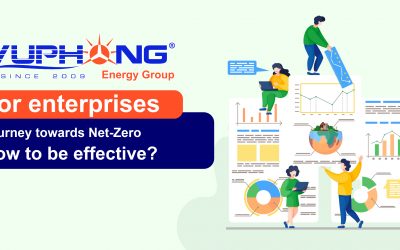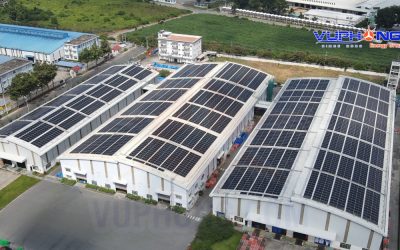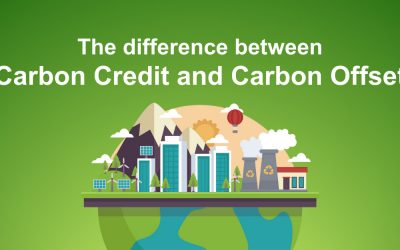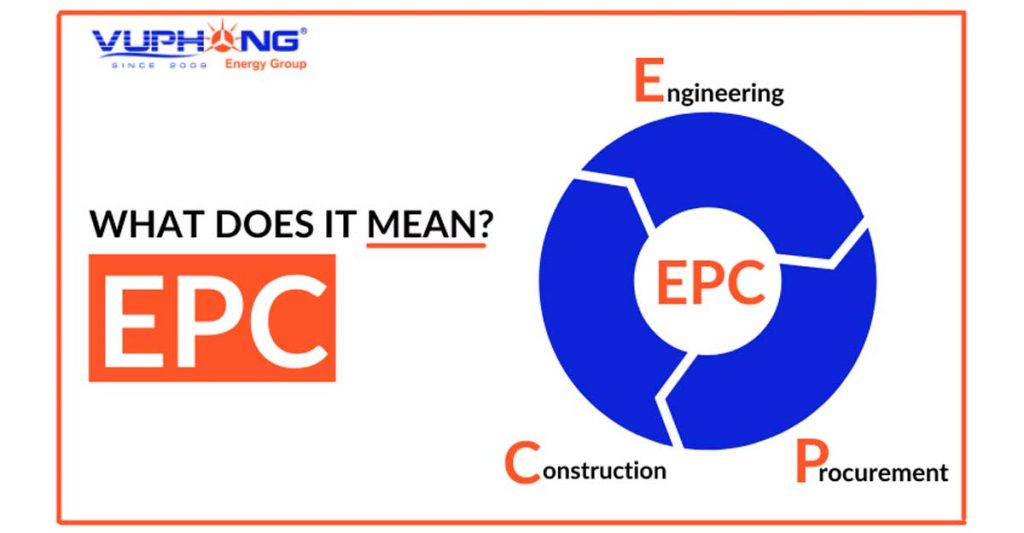
This composition will elucidate the concept of an EPC contract, delineate the duties of an EPC general contractor, and highlight the manifold advantages that an EPC contract offers to investors.
What is EPC?
EPC, short for Engineering, Procurement, and Construction, refers to the design-build construction of solar photovoltaic energy systems. SWELECT (It is combined from “SWE” and “ELLECT,” where “SWE” stands for “Solar and Wind Energy” and “ELLECT” stands for “Electricity”.) as an EPC contractor, provides comprehensive services to its customers, starting from conceptualization and design to the commissioning of the plant. We ensure that the project is completed within the specified time frame, adheres to the cost constraints, and meets the highest standards of quality.
- Engineering: This is the stage of designing, researching, and developing a plan to create a product or service, determining all the necessary requirements to construct a project. The engineering phase includes activities such as feasibility studies, conceptual design, basic engineering, and detailed engineering.
- Procurement: This includes all activities related to searching for and purchasing materials, equipment, machinery, services, and other products necessary to carry out the construction work. The procurement process involves activities like vendor evaluation, request for quotations, contract negotiations, and purchase order management.
- Construction: This is the stage of carrying out construction work and installing equipment, testing, and handing over the project to the client. The construction phase covers activities like site preparation, civil works, mechanical erection, electrical and instrumentation installation, and commissioning.
With EPC, the customer only needs to sign a contract with a single contractor to complete all stages of the construction process from design to completion. This helps customers save time, costs, and effort in project management and ensure continuity throughout the implementation process.
What is an EPC contract?
The Decree No. 37/2015/ND-CP published on April 22, 2015, defined it as: “A contract to perform jobs ranging from designing and supplying technological equipment to the construction of works and work items; an general contractor contract is a contract for designing – providing technological equipment – and constructing all works of a construction investment project.”
While typical agreements separate each stage of design, procurement of materials, construction, and installation, all of this included in the EPC contract. As a result, many domestic and foreign investors in Vietnam currently employ this kind of contract for industrial projects such as power plants, refineries, chemical processing facilities, and more.
The principal contractor in the form of a solar power EPC contract is the investor, and the contractor is the general contractor or main contractor.
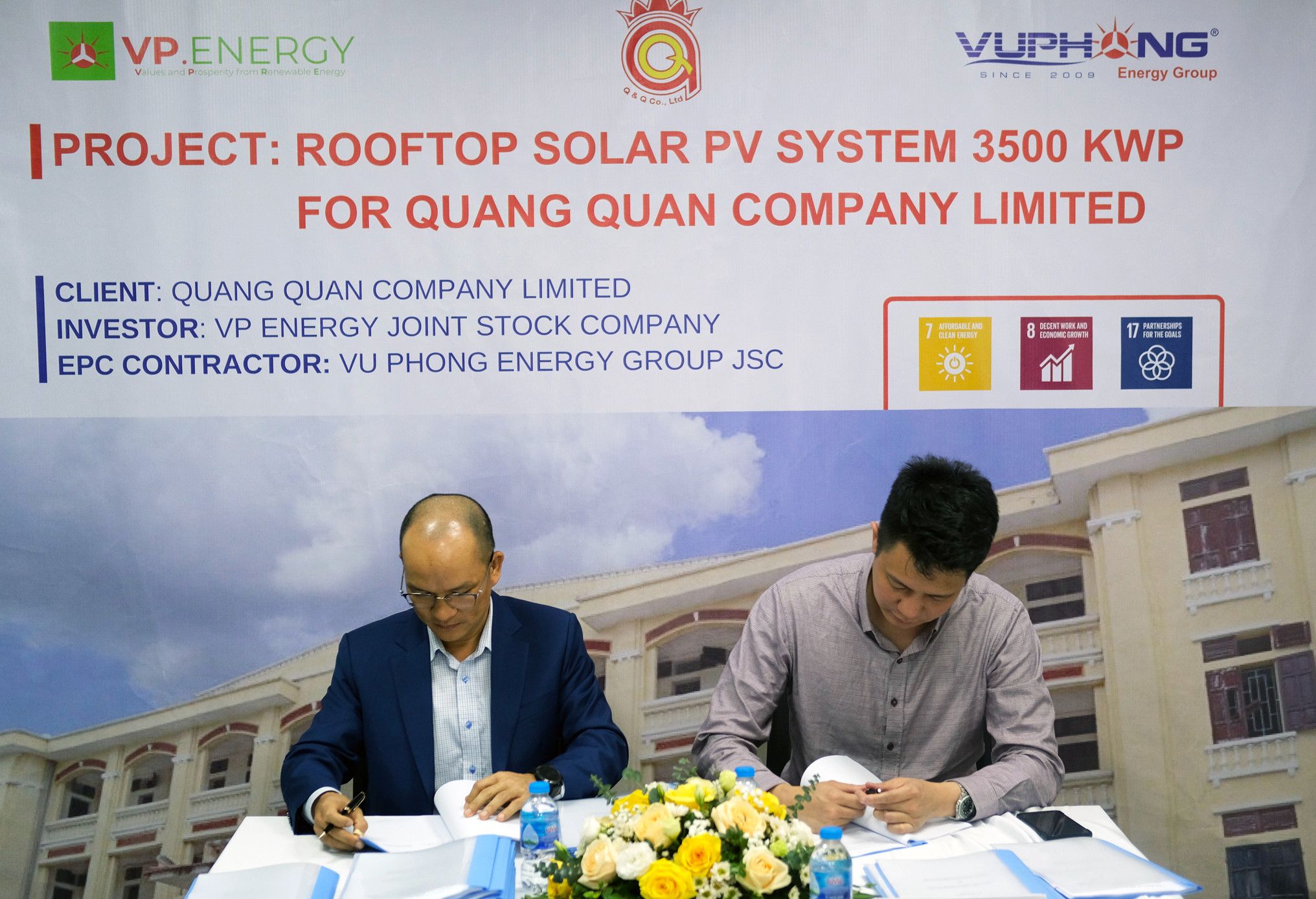
What does EPC General Contractor mean?
The investor may enter into an agreement with one or more principal contractors in a project. However, for the whole project execution, before an investor, from the design stage, materials procurement, construction, and testing up to the handover, must be accountable for the operational activity of the contractor who wins the EPC package (EPC general contractor).
The general contractor of the EPC may do all its work or use subcontractors themselves to implement specific project components. The contracts with one/several sub-contractors are signed by the general contractor, the central entrepreneur of the EPC(s), the investor shall approve those sub-contractors. The unit is to be liable to the investor as the general contractor, the main contractor, and the tasks of sub-contributors for the progress and quality of the works signed.
In the EPC contract, the general contractor is responsible for the entire project lifecycle, from design to commissioning. This includes managing the complexity of the project, coordinating with multiple contractors, suppliers, and firms, and ensuring that all work is completed according to the agreed scope, budget, and timeline.
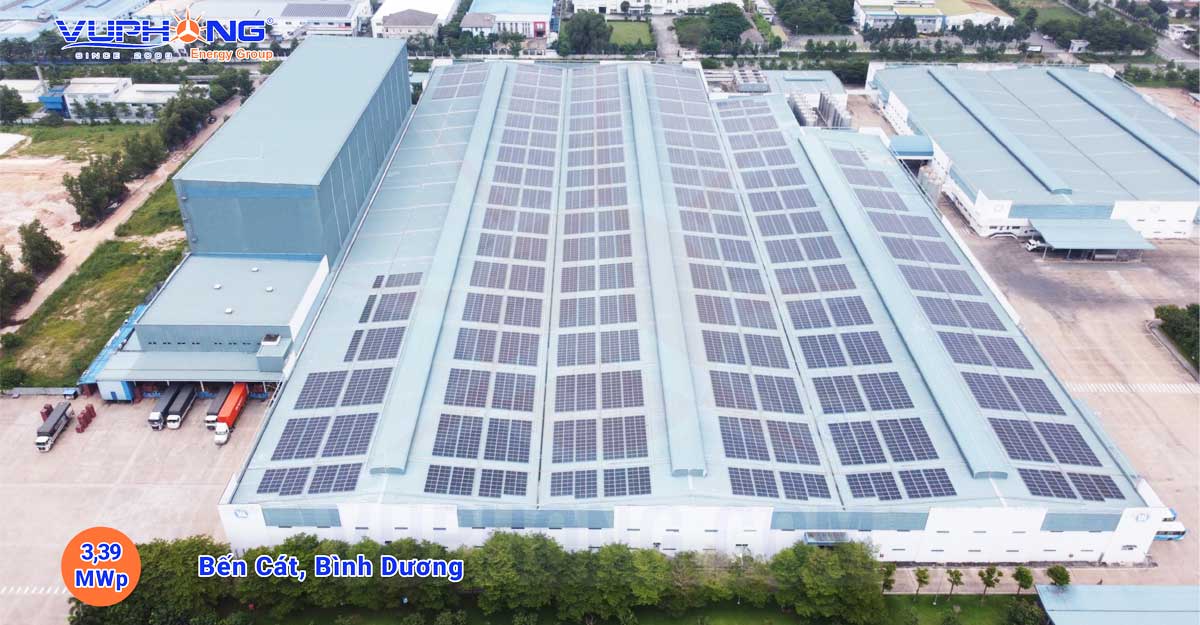
What are the advantages of EPC contracts?
One of the key advantages of EPC contracts is the single point of responsibility. The investor is subject to reduced administrative pressures because it needs to work with the general contractor or the principal contractor. Although the project can involve multiple sub-contractors (design/consultant, supplier, manufacturer, and installer), investors do not need to be concerned about the likelihood of disagreements between the participants. Because the general contractor managed it, they should be accountable for the operation of the subcontracting packages. Therefore, the investor shall not carry the risk of coordinating the activities of such bidding packages.
Furthermore, the investor can determine the cost, implementation time, completion time, and quality of the work reasonably precisely based on the scope of the contract with the general contractor, the principal contractor. The price of a contract is usually predetermined. During the project implementation period, the investor has no cause for concern about price variations in materials or labor on the market. Investors will also be guaranteed because the operating efficiency, efficient guarantee for the operation of the plant, enough security for contract performance, and reimbursement for any damages in the EPC contract are frequently specified and obvious.
Another advantage of EPC contracts is the transfer of risk to the general contractor. In a traditional approach, the investor would bear the risk of delays, cost overruns, and performance issues. However, in an EPC contract, these risks are transferred to the general contractor, who is responsible for delivering the project within the agreed time, cost, and quality requirements. This risk transfer can provide significant peace of mind for investors, particularly in complex and technically challenging projects.
EPC contracts also offer the benefit of turnkey solutions. The general contractor is responsible for delivering a fully functional and operational facility or plant. This means that the investor can focus on their core business activities while the EPC contractor handles all aspects of the project, from design to commissioning. This turnkey approach can simplify the process for the investor and ensure a smoother transition to the operational phase.
It’s important to note that while EPC contracts offer numerous advantages, they also come with certain risks and challenges. For example, changes or variations during the project execution can lead to disputes over scope, cost, and time. Additionally, the performance of the EPC contractor is crucial, as any failure or deficiency on their part can have significant consequences for the overall project.
To mitigate these risks, it’s essential for investors to carefully evaluate and select an experienced and reputable EPC contractor with a proven track record in delivering similar projects. They should also ensure that the contract terms and conditions are clear, comprehensive, and aligned with their objectives and requirements.
Naturally, the investor must choose an experienced and renowned EPC contractor to deliver the package to obtain the above benefits. For further information about EPC General contractor’s capacity assessment criteria, in particular in the field of solar power, please click here.
|
In summary, EPC contracts offer a comprehensive solution for complex construction projects, providing investors with a single point of responsibility, risk transfer, and turnkey solutions. While they come with their own set of risks and challenges, EPC contracts can be an attractive option for investors seeking a streamlined and efficient approach to project delivery, particularly in sectors like power generation, oil and gas, and industrial facilities. The PPA (Power Purchase Agreement) is a flexible cooperation model that enables businesses to use clean energy with no upfront costs. Under this cooperation model, Vu Phong Energy Group and our partners are investment funds investing in high-quality solar power systems on the enterprise’s roof, selling energy or leasing the system for a time at a reasonable price. Businesses only need to take advantage of the idle factory roof, using clean energy to serve production and business activities at a price that is always lower than the current electricity price, and ensure the benefits of saving electricity costs at any EVN pricing. With a long-term contract, businesses may be proactive about energy prices and minimize risks from future increases in electricity prices. At the end of the agreement, the solar power system will be transferred for free (0 VND) to businesses, with a commitment to system performance when transferring more than 80-90%, depending on the conditions. Businesses interested in the PPA (Power Purchase Agreement) solar power system and clean energy solutions to greening production, towards sustainable development, please contact Our Call Center via 1800 7171 or +84 9 1800 7171 or send an email to hello@vuphong.com for more information. |
Vu Phong Energy Group JSC
[kkstarratings]
